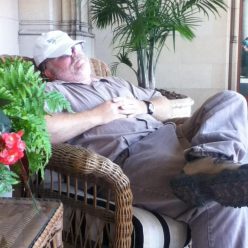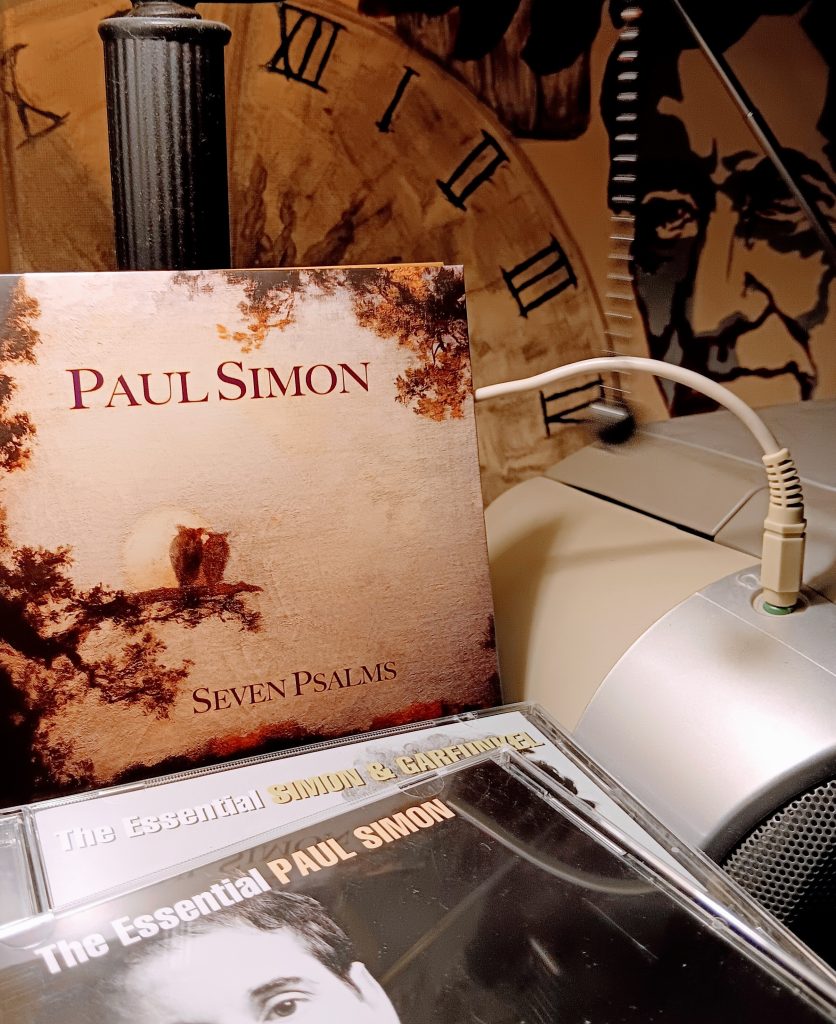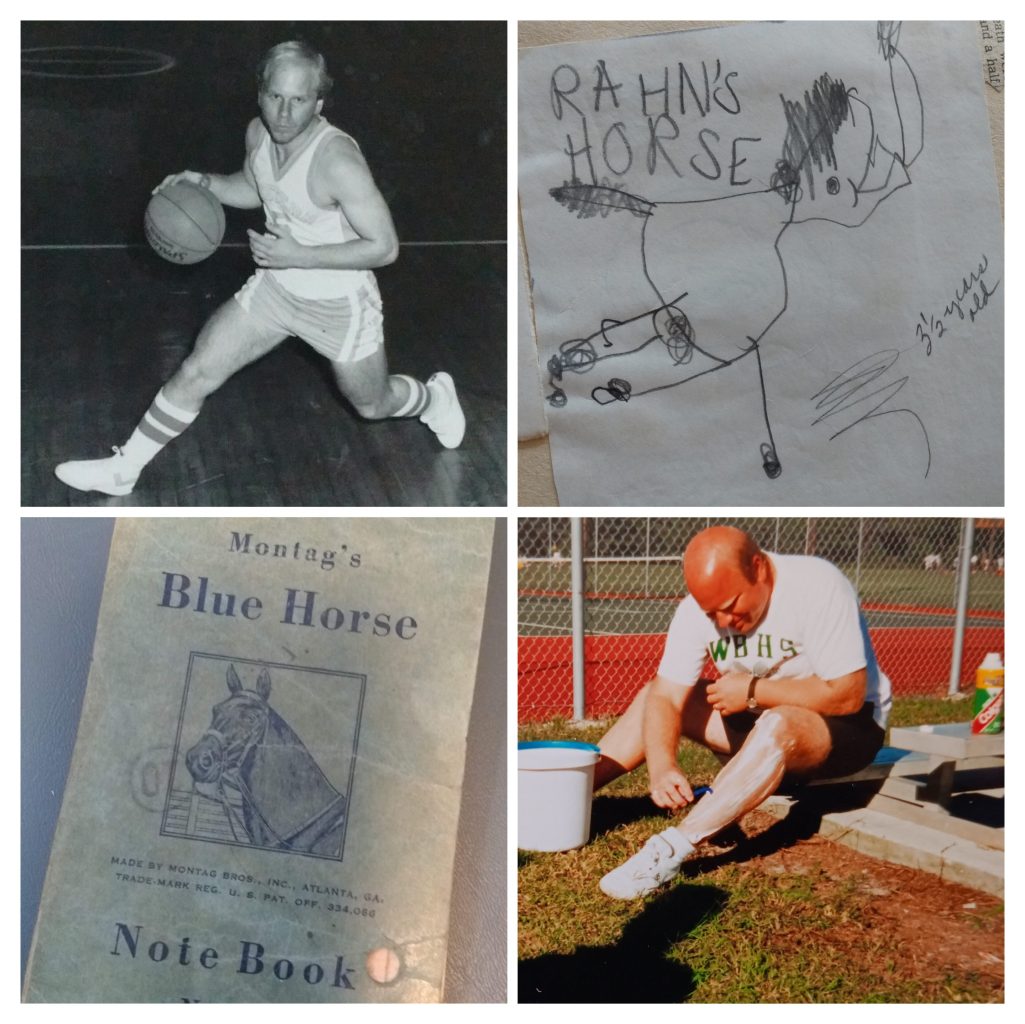
BESIDES THE FACT that I misuse the term “incidental” and “incidentals” throughout this video, I’m happy with it. My piano playing is improving — I hit only one wrong note — and I’m learning how to use the video editor more efficiently.
Something I should explain further from the video is that I’d play this song for my late mom when I wanted to see if she was awake, as she often listened with her eyes closed (in last week’s video, you heard a possible reason why she couldn’t bear to watch me play).
If I didn’t play a particular embellishment that she liked in a particular place in the song, she’d hum the flourish as she would have played it herself. Maybe she thought she was teaching me to play it. Anyway, sometimes I purposely didn’t play the frill until my last time through the song, just to see if she was alert enough to hum her part, and she always did, though sometimes I had to hesitate at that spot before moving on.
Here’s the link to L.B. Bridgers’s “He Keeps Me Singing.”









